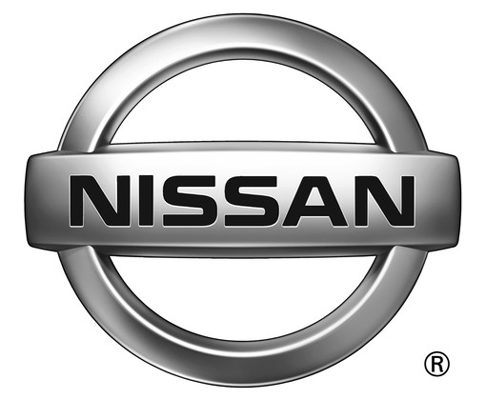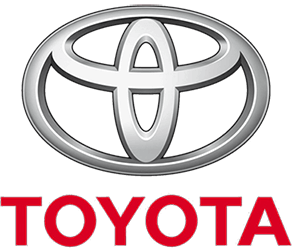Does your new car spend more time at the repair shop than on the road? If so, your car may be a lemon. Consumers are protected from the consequences of such purchases under the California Lemon Law, a law that holds manufacturers liable for selling defective products. While the provisions of the Lemon Law can be complex, this guide provides a comprehensive overview of your rights under this law.
New Motor Vehicles
The California Lemon Law only provides coverage for “new motor vehicles.” This includes any vehicle purchased or leased in the state of California that is sold with a new car factory warranty from the manufacturer, including demonstrators, vehicles owned by the dealer, and the chassis cab of an RV or motor home. To be considered a new motor vehicle under the Lemon Law, your vehicle must also be utilized for either family, personal, or household functions, or it must weigh less than 10,000 pounds and be utilized for business functions by an entity that has 1-5 vehicles registered in the state.
Furthermore, the term “new motor vehicles” excludes the living quarters of a motor home. It also excludes motor vehicles that are operated off-road and are not registered under the California Vehicle Code, such as ATVs and some motorcycles.

Your Consumer Rights
In addition to defining what types of vehicles are covered, the Lemon Law also describes who is protected under this law: consumers. Consumers are provided with protection by the Lemon Law if they lease or purchase a new motor vehicle from someone involved in the motor vehicle retail industry, which includes those who distribute, manufacture, sell, and lease. You are also considered a consumer if you hold a lease for more than four months, or if a vehicle was transferred to you while it was still under factory warranty.
Vehicle Non-Conformities
According to the Lemon Law, a new motor vehicle qualifies as a lemon if it has a nonconformity, which is also referred to as a defect. This nonconformity has to be covered by the manufacturer’s warranty, and it must also create a substantial impairment to the safety, use, or value of the new motor vehicle. The Lemon Law does not provide coverage for any issues with your vehicle that are caused by improper or illegal use.
Reasonable Number of Repair Attempts
The Lemon Law also specifies that the manufacturer of a new motor vehicle with a defect must either fix the vehicle within a reasonable number of repair attempts or provide the consumer with a repurchase or replacement. If your vehicle meets any one of the following three criteria, it has surpassed the reasonable number of repair attempts and qualifies as a lemon:
- The defect is severe, potentially leading to serious physical injury or death, and it has been repaired at least two times.
- Less serious defects have been repaired at least four times.
- The vehicle has been inoperable for at least 30 days due to the defect.
While the Lemon Law states that this must take place within either 18 months or 18,000 miles after purchase, you are still covered by the Lemon Law if your factory warranty lasts longer than that.
Compensation: Repurchase & Replacement
If your vehicle qualifies as a lemon under the California Lemon Law, the manufacturer has two options: repurchase or replacement. When repurchasing owned vehicles, the manufacturer is required to provide compensation for the full purchase price as well as any collateral damages, such as repair costs, towing fees, rental car costs, and prepayment penalties. There may be other incidental charges such as registrations fees and sales tax that should be considered as well. With the help of a persistent attorney, the offset can be minimized or eliminated.
When repurchasing a leased vehicle, the lessor must refund not only collateral charges and incidental damages, but also the base monthly payments that you made on the vehicle, your security deposit, and the amount equivalent to any trade-in that you made. If the manufacturer chooses to replace the vehicle, they must also pay for collateral charges associated with the new vehicle as well as incidental damages.





































